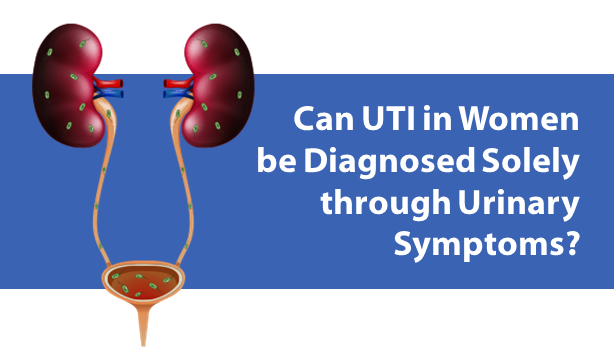HealthXchange will NEVER ask you to transfer money over a call. If in doubt, call the 24/7 ScamShield helpline at 1799, or visit the ScamShield website at www.scamshield.gov.sg.

PHOTOS: Freepik.com
Approximately 1 in 2 women will experience Urinary Tract Infection (UTI) at least once in their life. UTI is also prone to recurrence with 1 in 5 adult women aged 20-65. According to the statistics from the Ministry of Health, a total of 4,144 patients were admitted to private and government hospitals in Singapore in 2015 for UTI symptoms.
UTI is often diagnosed based on urinary symptoms. Specific tests to confirm UTI include a urine dipstick, urine microscopy and urine culture. A urine microscopy detects white blood cells in the urine, which is an indication of possible urinary tract infection.
A study conducted by SingHealth Polyclinics (SHP) and the National Centre for Infectious Diseases (NCID) found that less than 50 per cent of 564 women with urinary symptoms were eventually diagnosed with urinary tract infection (UTI) with positive culture after a urine microscopy test. Meanwhile, over 30 per cent of the women with urinary symptoms were not diagnosed with UTI.
The cross-sectional study looked at 564 adult women with UTI-related symptoms from SHP-Bedok, SHP-Marine Parade and SHP-Pasir Ris. About 70% of the patients experienced urinary urgency, urinary frequency and pain on passing urine. Another 60% reported excessive night urination and urinary retention. More than 50% displayed two to four urinary symptoms.
The results showed that if a doctor makes a diagnosis based only on the presence of certain urinary symptoms, it may not be accurate and can lead to over-treatment or unnecessary antibiotic prescription. This, in turn, can lead to unwanted antibiotic resistance and prolonged period of infection.
When interviewed, Dr Tan Ngiap Chuan, Director of Research, SHP said, “Doctors usually prescribe antibiotics for UTI and diagnosis is usually based on a taken history of urinary symptoms. The study proves that urinary symptoms have limited accuracy in diagnosing UTI. A concurrent urine microscopy test is recommended as it increases diagnostic accuracy and reduces antibiotic over prescription.”
Following the study, SHP and NCID will work together to explore how to improve the accuracy in diagnosing UTI.
Get the Health Buddy App
© 2025 SingHealth Group. All Rights Reserved.













 Get it on Google Play
Get it on Google Play